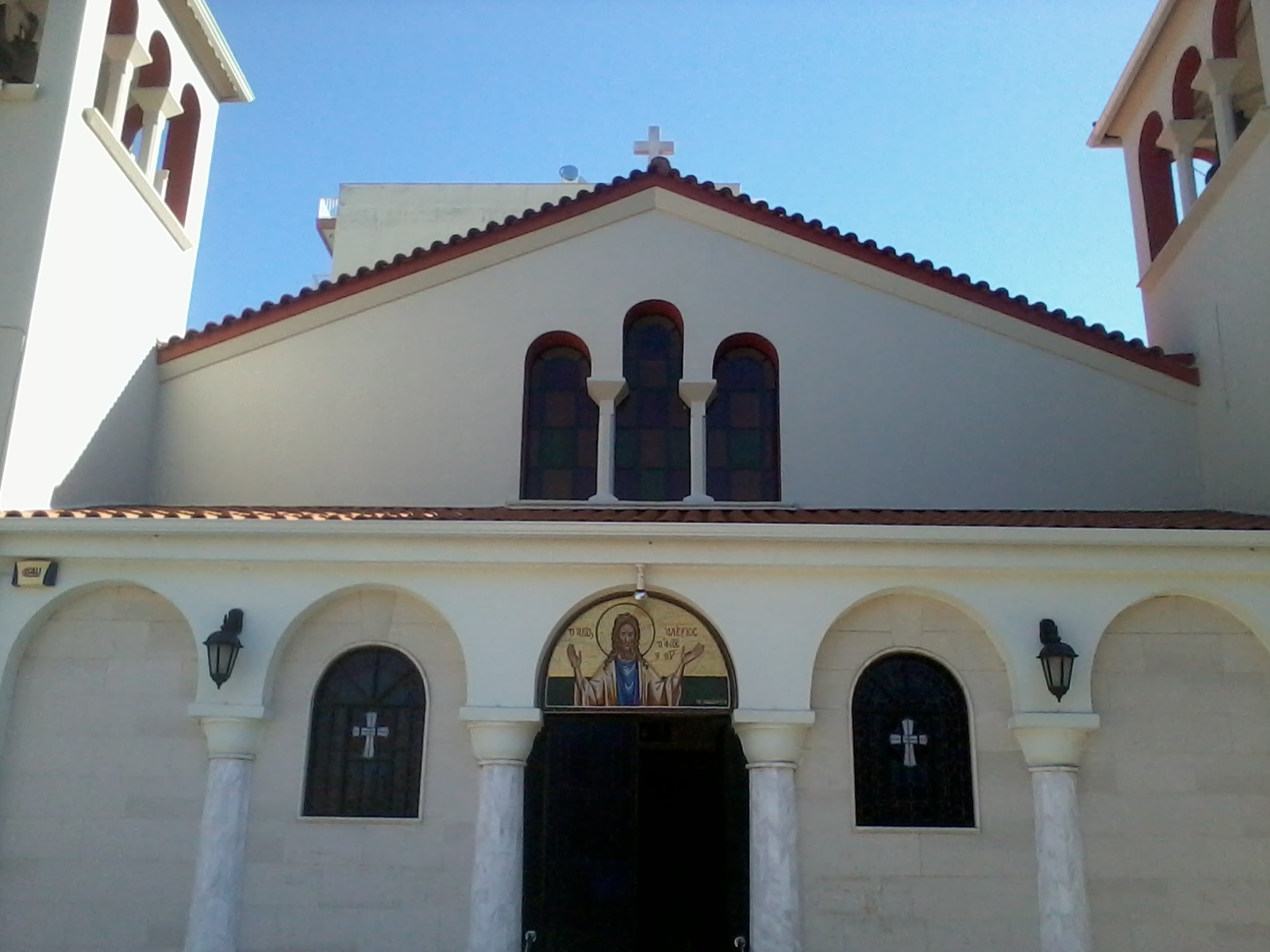|
Alexius
Alexius is the Latinized form of the given name Alexios (, polytonic , "defender", cf. Alexander), especially common in the Byzantine Empire. The female form is Alexia () and its variants such as Alessia (the masculine form of which is Alessio) in Italian. The name belongs to the most ancient attested Greek names (a-re-ke-se-u in the Linear B tablets KN Df 1229 and MY Fu 718). Rulers * Alexios I Komnenos (1048–1118), Byzantine emperor * Alexios II Komnenos (1167–1183), Byzantine emperor * Alexios III, Byzantine emperor * Alexios IV, Byzantine emperor * Alexios V Doukas, Byzantine emperor * Alexios I of Trebizond, Emperor of Trebizond * Alexios II of Trebizond, Emperor of Trebizond * Alexios III of Trebizond, Emperor of Trebizond * Alexios IV of Trebizond, Emperor of Trebizond * Alexios V of Trebizond, Emperor of Trebizond * Alexius Mikhailovich (1629–1676), Tsar of Russia * Alexius Petrovich (1690–1718), Russian tsarevich Religious figures * Alexius, Metrop ... [...More Info...] [...Related Items...] OR: [Wikipedia] [Google] [Baidu] [Amazon] |
Alexius Of Rome
Saint Alexius of Rome or Alexius of Edessa (, ''Alexios''), also Alexis, was a fourth-century Greeks, Greek monk who lived in anonymity and is known for his dedication to Christ. Two versions of his life exist, one in Syriac language, Syriac and the other in Greek. Syriac version According to Syriac tradition, St. Alexius was an Eastern saint whose veneration was later transplanted to Rome. The relocation of the veneration to Rome was facilitated by the belief that the saint was a native of Rome and had died there. This Roman connection stemmed from an earlier Syriac Christians, Syriac legend, which recounted that, during the episcopate of Bishop Rabbula (412–435), a "Man of God", who lived in Edessa, Mesopotamia as a beggar and shared the alms he received with other poor people, was found to be a native of Rome after his death. Greek version The Greek version of his legend made Alexius the only son of Euphemianus, a wealthy Christian Roman of the senatorial class. Alexiu ... [...More Info...] [...Related Items...] OR: [Wikipedia] [Google] [Baidu] [Amazon] |
Alexius Meinong
Alexius Meinong von Handschuchsheim (; 17 July 1853 – 27 November 1920) was an Austrian philosopher, a realist known for his unique ontology and theory of objects. He also made contributions to philosophy of mind and theory of value. Life Alexius Meinong's father was officer Anton von Meinong (1799–1870), who was granted the hereditary title of Ritter in 1851 and reached the rank of Major General in 1858 before retiring in 1859. From 1868 to 1870, Meinong studied at the Akademisches Gymnasium, Vienna. In 1870, he entered the University of Vienna law school where he was drawn to Carl Menger's lectures on economics. In summer 1874, he earned a doctorate in history by writing a thesis on Arnold of Brescia. It was during the winter term (1874–1875) that he began to focus on history and philosophy. Meinong became a pupil of Franz Brentano, who was then a recent addition to the philosophical faculty. Meinong would later claim that his mentor did not directly influence ... [...More Info...] [...Related Items...] OR: [Wikipedia] [Google] [Baidu] [Amazon] |
Patriarch Alexius I Of Moscow
Patriarch Alexy I (Alexius I, , secular name Sergey Vladimirovich Simansky, ; – 17 April 1970) was the 13th Patriarch of Moscow and all Rus', Primate of the Russian Orthodox Church (ROC) between 1945 and 1970. Life Born in Moscow to a noble family, his father was a Chamberlain of the Russian Imperial Court. In 1899, he graduated from Moscow Imperial University with a law degree, was conscripted by the army and served in a grenadier regiment. In 1902, he enrolled at Moscow Theological Academy, and by 1906, he had been elevated to the dignity of archimandrite and was appointed rector of the seminary at Tula. After the Bolshevik Revolution, he was arrested several times, and in 1922, exiled to Kazakhstan. In 1926, he returned to Saint Petersburg (which had been renamed Leningrad) and was appointed Archbishop of Khutyn, that is, the vicar of the Diocese of Novgorod. On 29 July 1927, Metropolitan Sergei Stragorodsky, acting as de facto head of the Russian Orthodox Church ... [...More Info...] [...Related Items...] OR: [Wikipedia] [Google] [Baidu] [Amazon] |
